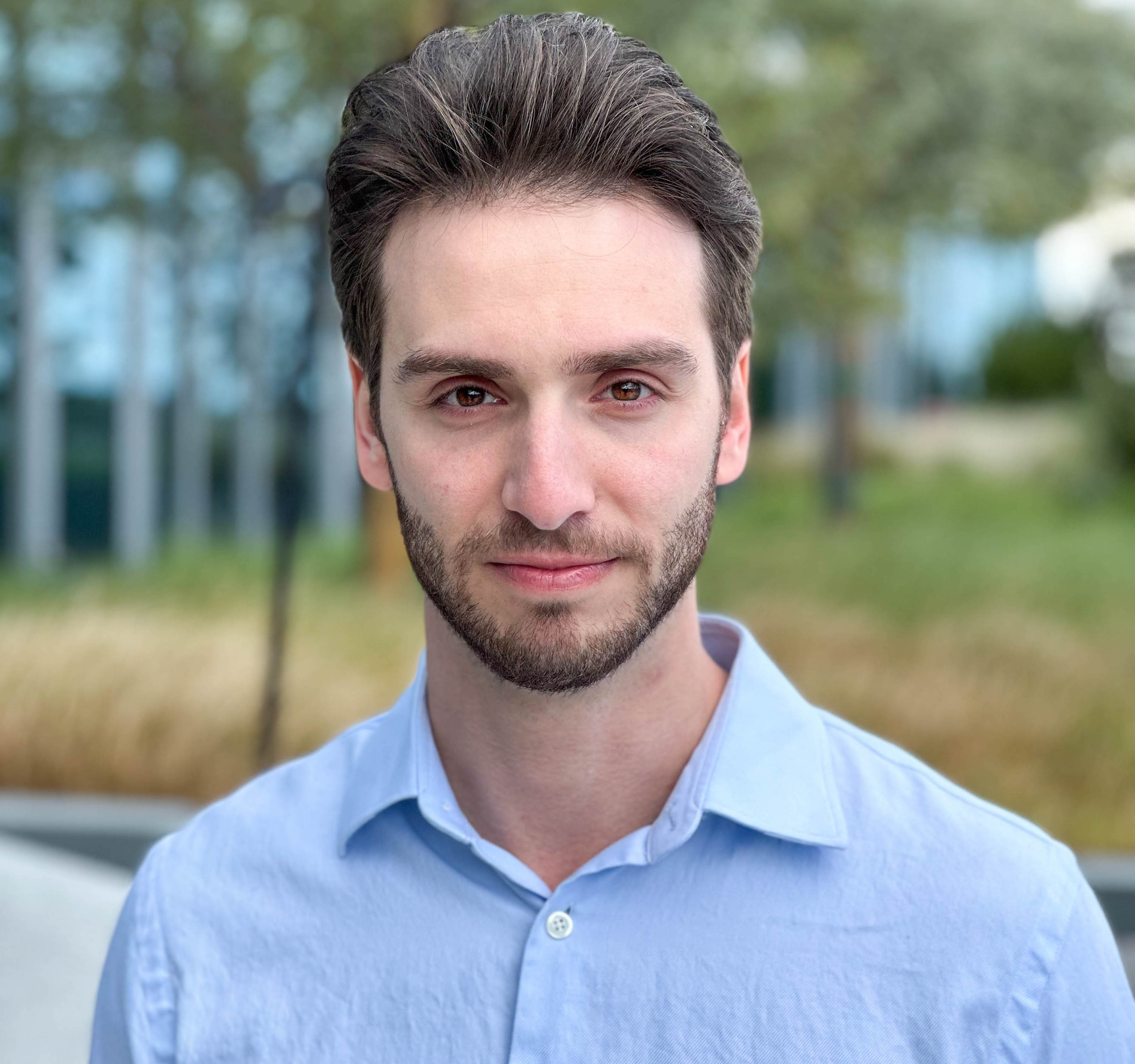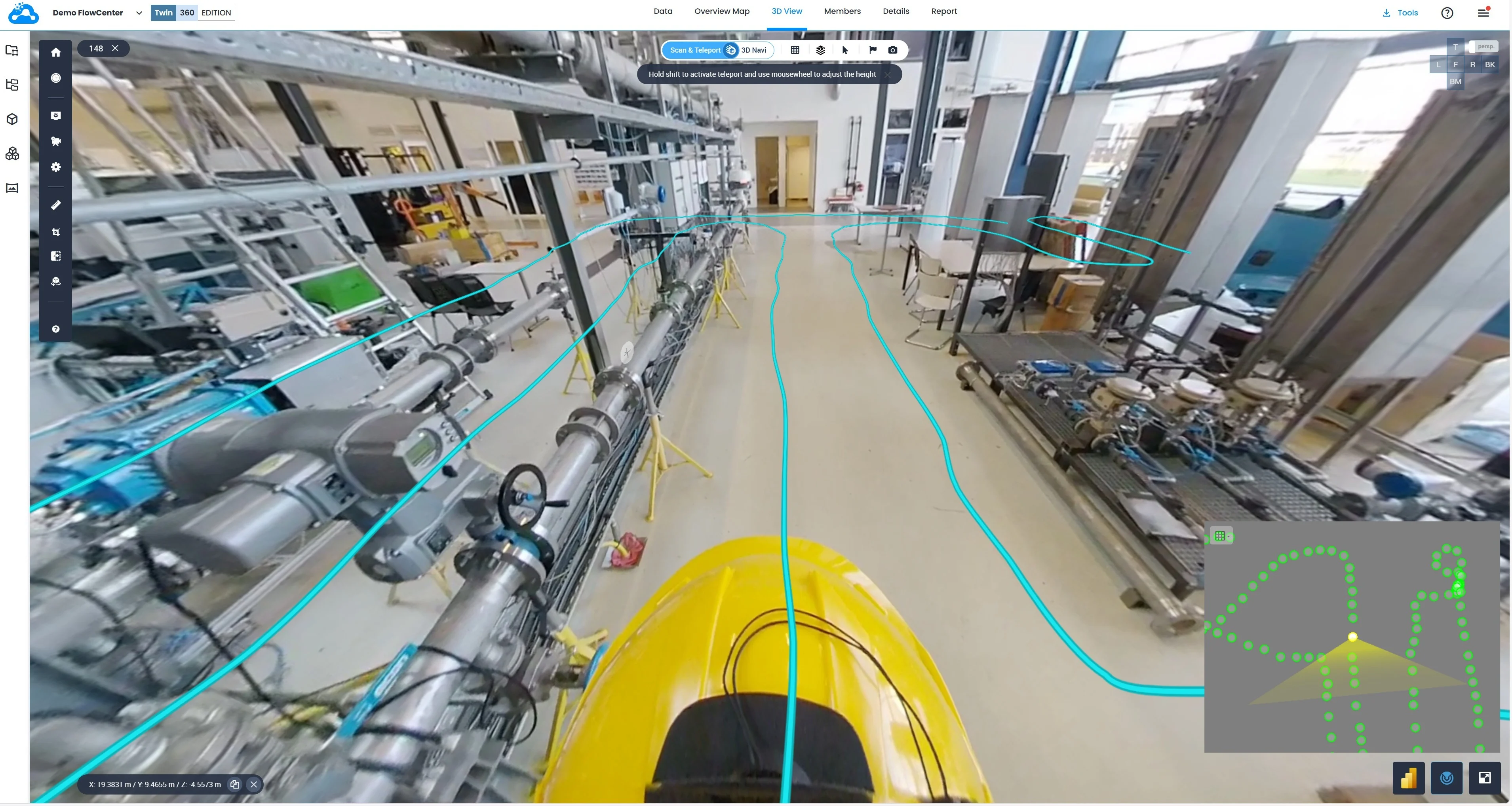

Michael Rubloff
May 15, 2025
If you’ve experimented with 3D Gaussian Splatting (3DGS) on the web, you already know the paradox of lightning-fast real-time rendering, yet large sized PLY files that can choke mobile devices and wreck first load times.
Today, PlayCanvas CEO Will Eastcott announced Engine 2.7.5, which ships first-party support for a new compression scheme called Self-Organizing Gaussians (SOGS). In PlayCanvas’ own demo, crafted by Christoph Schindelar, a four-million-splat church scene shrank from roughly 1 GB to just 55 MB, a shade over a 20 × reduction. Despite the diet, you’d be hard-pressed to spot a flaw: the scene still looks stunning.
SOGS sprang from research at Fraunhofer HHI, led by Wieland Morgenstern. Instead of treating each Gaussian’s parameters as isolated numbers, the method “unrolls” them into dozens of 2-D grids—one image per attribute (XYZ position, scale, colour, 45-plus spherical harmonic coefficients, and so on). This PlayCanvas implementation also draws inspiration from Vincent Woo’s fork of SOGS (itself a fork of Nerfstudio’s PNG-based compressor). You might remember Woo’s eye-popping Sutro Tower demo a few months back, which is astonishingly only 30 MB!
After the attributes are reshaped, PlayCanvas feeds the grids to WebP, though any modern image codec would work. The payoff? Up to 95 percent of the original data evaporates, yet the engine decodes the scene with nothing fancier than standard browser image support.
The patches have already landed in the open-source PlayCanvas Engine repo, true to the 3DGS community’s ethos of transparent, interoperable tooling.
We spoke with SOGS co-author Wieland Morgenstern on The View Dependent Podcast last year. It's worth a listen if you’d like to hear how Self-Organizing Gaussians work straight from the source.
New features typically reach the engine before rolling into SuperSplat, but work is well under way to bring SOGS to the MIT-licensed editor itself. Also on the roadmap is pushing frame rates higher for truly massive splat scenes. Together, these efforts make Gaussian Splatting ever more practical across devices and industries in the wild.
PlayCanvas and SuperSplat remain open sourced. If you would like to see a feature, please create an Issue request on GitHub.
Trending Articles
- TRENDINGLoading...
- TRENDINGLoading...
- TRENDINGLoading...







